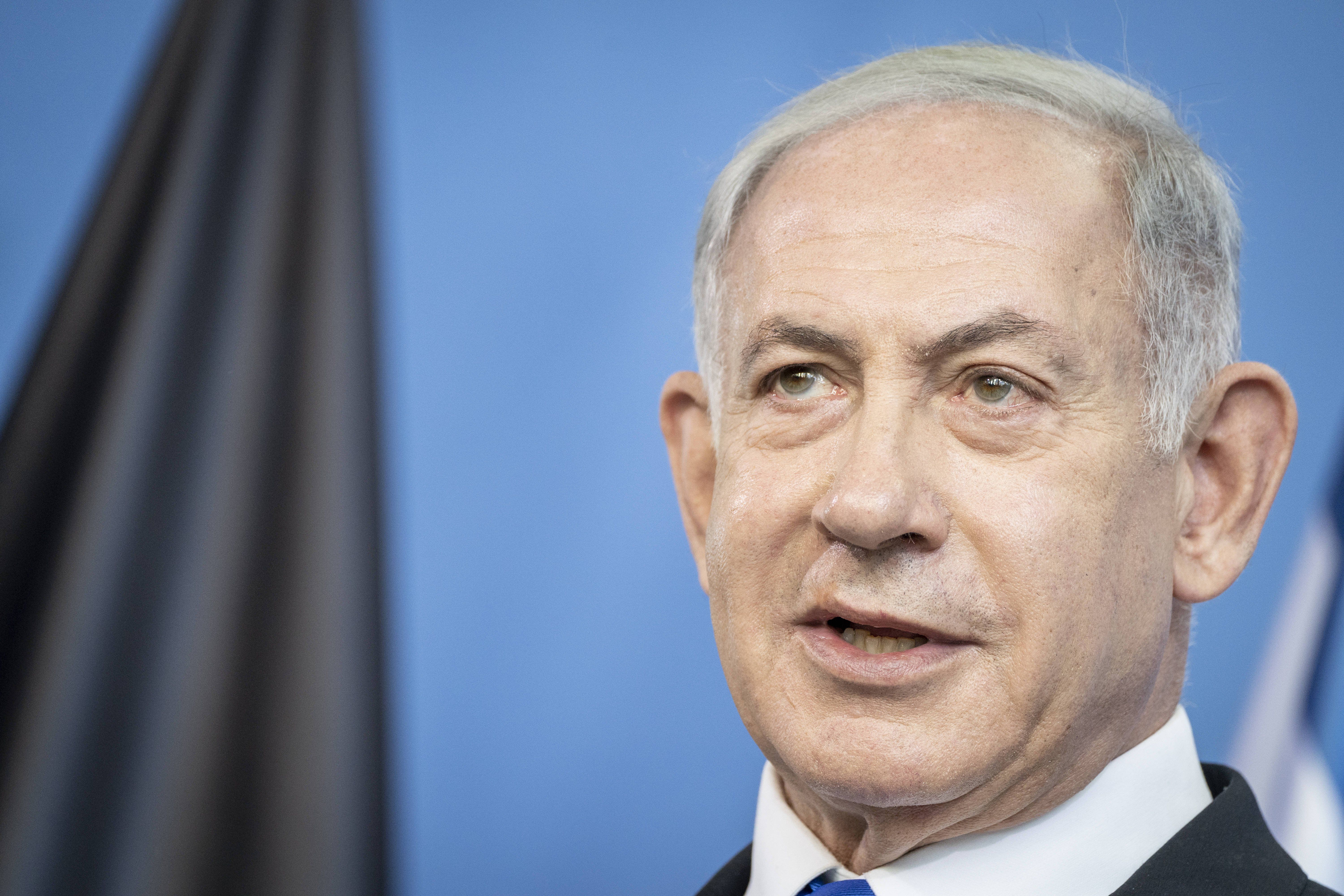The invitation – which pointedly excluded any details on time or place – arrived as Israeli President Isaac Herzog was in Washington looking to ease strained bilateral ties. But it also comes right as Netanyahu faces a fresh wave of protests and strikes over his fast-advancing plans to trim the remit of Israel’s powerful judiciary.
The Biden administration, along with a number of prominent American Jewish groups, has blasted the judicial reforms, which critics say will undermine Israel’s democracy. The White House is also at odds with Netanyahu over his government’s plans to vastly increase settlement construction in the West Bank.
Against that backdrop, Biden’s invitation is welcome news for Bibi, who has faced criticism that his hardline policies risk imperiling ties with Israel’s most important ally.
But while the invitation is a small salve for US-Israel ties, it seems unlikely to calm the volatile situation in Israel itself. Protesters who see themselves in a fight for Israel’s democracy won’t be much moved by a vague invitation from Biden. And Netanyahu has shown little inclination to back down on his plans, despite months of tension with the US already.
